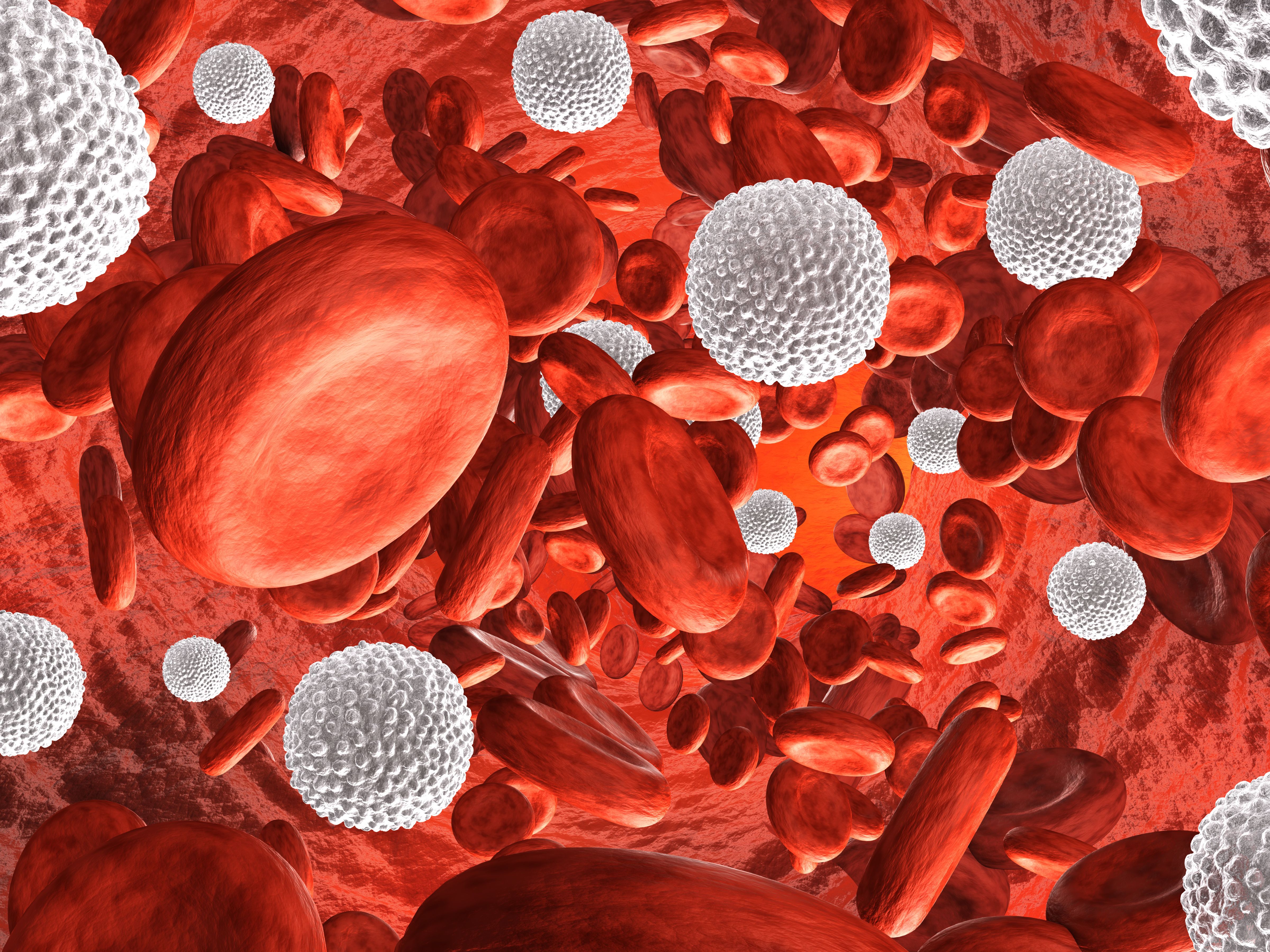Unmet Social Needs May Worsen QOL Among Hematologic Cancer Survivors
An expert from Augusta University says cancer care should extend beyond treatment and highlights why unmet social needs should be a consideration for survivors of hematologic cancer, especially those with a lower socioeconomic status or who are of a racial or ethnic minority.
Food and housing insecurity along with other unmet social needs reduced health-related quality of life (HRQOL) in a cohort of hematologic cancer survivors, including survivors of leukemia, lymphoma, and multiple myeloma, according to findings from a study published in Supportive Care in Cancer.
Low-income families with hematologic cancer survivors "may postpone medical care and underuse medicine" to "buy food or pay for utilities," according to authors of a study published in Supportive Care in Cancer.

In a respondent population of 53 survivors, those who experienced food insecurity (n = 5) were found to have a worse mean HRQOL score (63.3) vs those who were food secure (87.33; P = .0308). Similarly, survivors who struggled to pay utility bills had a worse mean HRQOL score (53.75 vs 86.27; P <.0001), as did those who experienced housing insecurity (59.5 vs 86.04; P = .1022) and those without reliable transportation to health care providers compared with those who did (53.75 vs 86.27; P <.0001).
Overall, investigators identified a statistically significant inverse association between HRQOL and number of social needs (P = .0004).
“Cancer doesn't end once you finish your treatment,” Jorge Cortes, MD, director of the Georgia Cancer Center at Augusta University, said in an interview with CancerNetwork®. “Even if [a patient] survived cancer, there are lingering effects that we need to pay attention to.... Our survivorship plan needs to start when the patient is diagnosed with cancer, not when they complete their treatment.”
These data were gathered from a cross-sectional postal survey of a multi-ethnic cohort of 500 survivors who had been treated at the Georgia Cancer Center of Augusta University and who lived in Augusta, Georgia, or the surrounding area. Survivors must have been diagnosed with leukemia, lymphoma, or multiple myeloma and completed primary therapy to be included in the analysis. The response rate was 10.6%.
The mean respondents’ age was 62.6 years. A majority were married (60.4%). Most patients had a high school degree or higher (32.1%) followed by some college experience and no degree (20.8%), a graduate degree (20.8%), a bachelor’s degree (17.0%), or an associate degree (9.4%).
Respondents reported a range of annual household incomes, with most earning between $20,000 to $35,000 (27.3%) and more than $80,000 (27.3%). Most patients were White (68%) and were African American (30%). The vast majority had leukemia or lymphoma (82.2%) rather than multiple myeloma (17.8%).
Investigators employed the Health Leads Social Needs Screening Toolkit to assess social needs, including food insecurity, utility shutoffs, housing instability, and lack of access to health care due to transportation or cost concerns. HRQOL scores were derived using the Functional Assessment of Cancer Therapy-General (FACT-G).
Commonly reported symptoms included pain and lack of energy, which occurred “quite a bit” or “very much” in 25.9% and 31.5% of respondents, respectively. Most reported some satisfaction with their social and family well-being and 27.3% reported some degree of dissatisfaction with their sex life.
Notably, 28% of survivors were unable to work, 27.5% were unable to sleep well, and at least 15% were unable to enjoy life or the things they usually enjoyed. At least half of all patient expressed concern over their ability to meet healthcare costs, to work as much as they used to, or to keep their job.
“[W]e cannot forget the impact that these these diagnoses have on patients, [including] financial [implications], long-term complications, [and] other healthcare needs. If we don't integrate that into our research, we are going to leave a lot of patients behind, and we'll only be doing [part of] our job,” Cortes said. “It's important that patients not only live longer, but [also] live well.”
Reference
Coughlin SS, Ayyala DN, Stewart JL, Cortes JE. Social needs and health-related quality of life among hematologic cancer survivors. Support Care Cancer. 2022;30(11):8919-8925. doi:10.1007/s00520-022-07281-2
Navigating AE Management for Cellular Therapy Across Hematologic Cancers
A panel of clinical pharmacists discussed strategies for mitigating toxicities across different multiple myeloma, lymphoma, and leukemia populations.
Navigating AE Management for Cellular Therapy Across Hematologic Cancers
A panel of clinical pharmacists discussed strategies for mitigating toxicities across different multiple myeloma, lymphoma, and leukemia populations.
2 Commerce Drive
Cranbury, NJ 08512
All rights reserved.